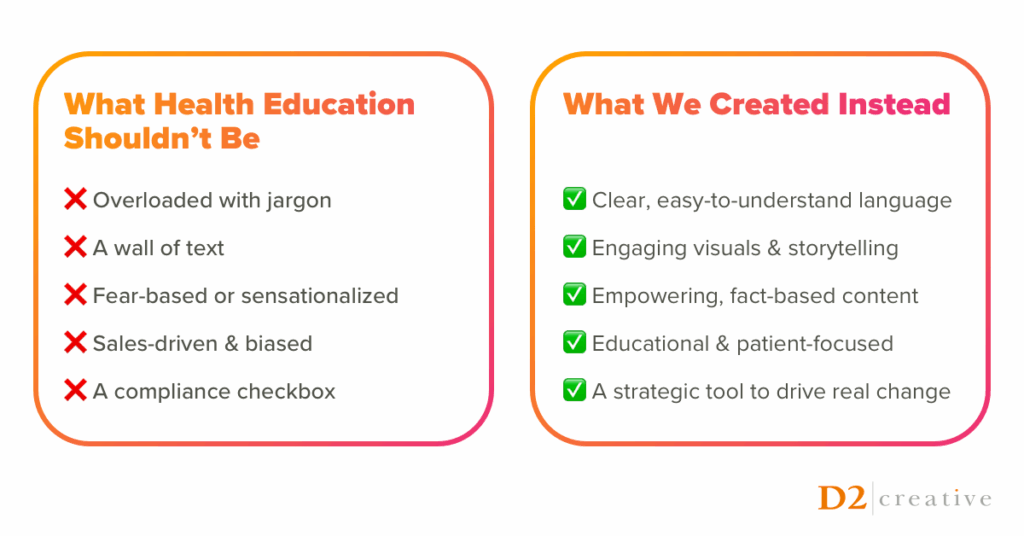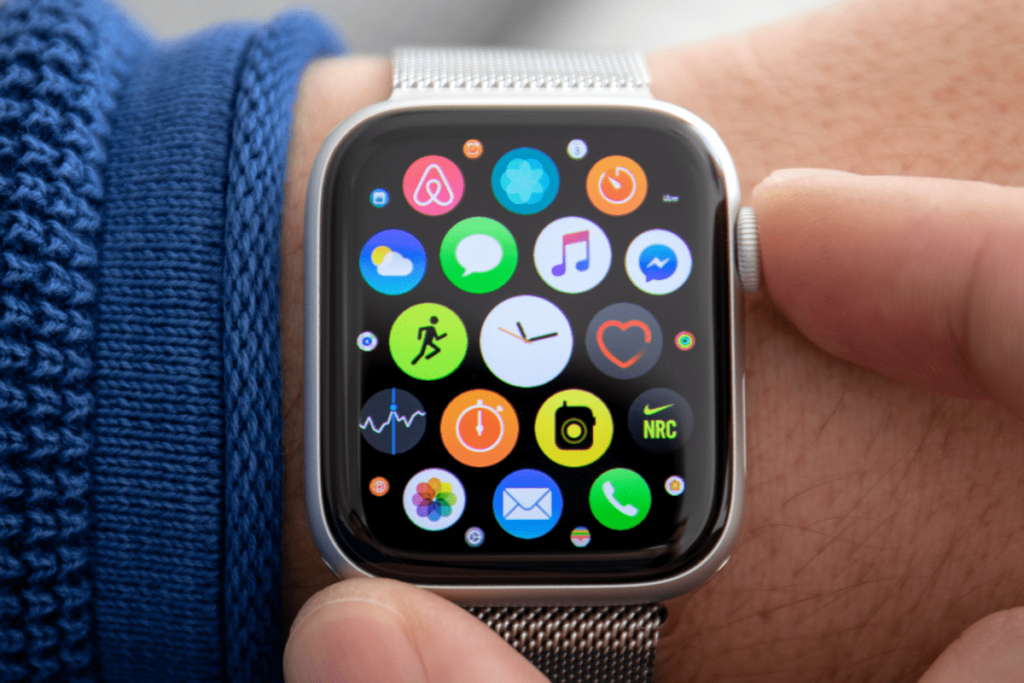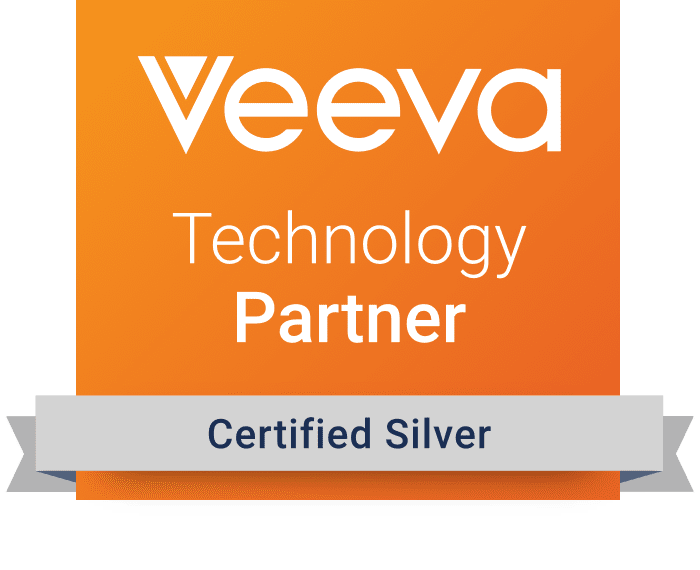More budget. More scrutiny. More stakeholders are watching every move.
Product launches today are high-stakes events, with internal and external teams closely tracking every detail, and the difference between success and failure can come down to how well you execute on every front.
If you’re preparing a product launch or relaunch, here’s what you need to do, and what most teams often miss.
Strategic Messaging & Nailing the Narrative
Your product might be brilliant, but if your messaging doesn’t connect with the right stakeholders (which could include surgeons, clinicians, procurement teams, executives), then your launch won’t land.What many teams miss:Aligning messaging with buyer pain points and regulatory realities upfront.
Integrated Campaign Planning – Now is Not the Time for the Status Quo
A launch shouldn’t be just one ad group or email. It’s a carefully choreographed mix of tactics that builds momentum and trust.
What many teams miss:Coordinating digital ads, webinars, trade show presence, content marketing, and sales enablement to reinforce each other.
Creative Execution & Building Assets That Do More Than Look Good
A sleek sales deck or explainer video means nothing if it doesn’t motivate action.
What many teams miss:
Creating content designed to inform and convert.
What many teams miss:
Creating content designed to inform and convert.
Real-Time Launch Optimizations to Maintain Steam
No campaign stays perfect once it goes live. Ad fatigue can happen sooner than you plan, and the market, competitors, and audiences all shift fast.
What many teams miss:
Ongoing performance monitoring and nimble adjustments that keep your launch ahead.
What many teams miss:
Ongoing performance monitoring and nimble adjustments that keep your launch ahead.
Launching Something Big? Let's Talk.
Bringing a new product to market in the life sciences industry is no small feat. Success requires strategic storytelling, precise positioning, and seamless execution across channels.
That’s where D2 Creative comes in. We help life science companies plan, launch, and scale new products with campaigns that build momentum and drive results from day one.








